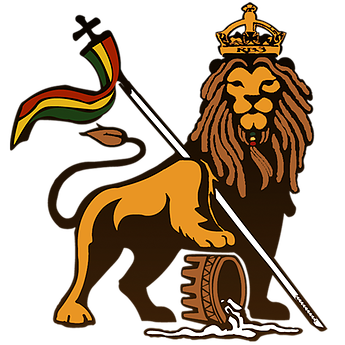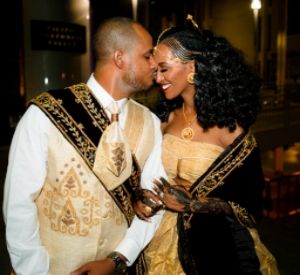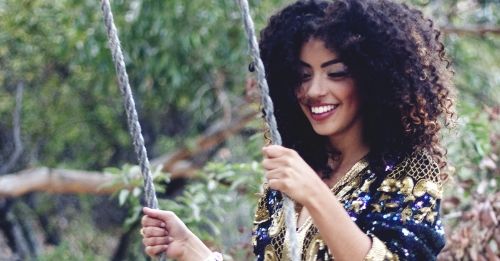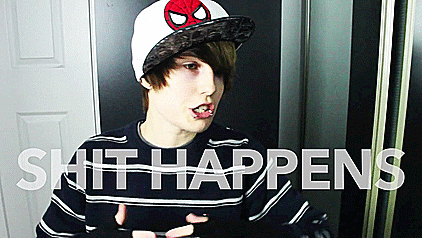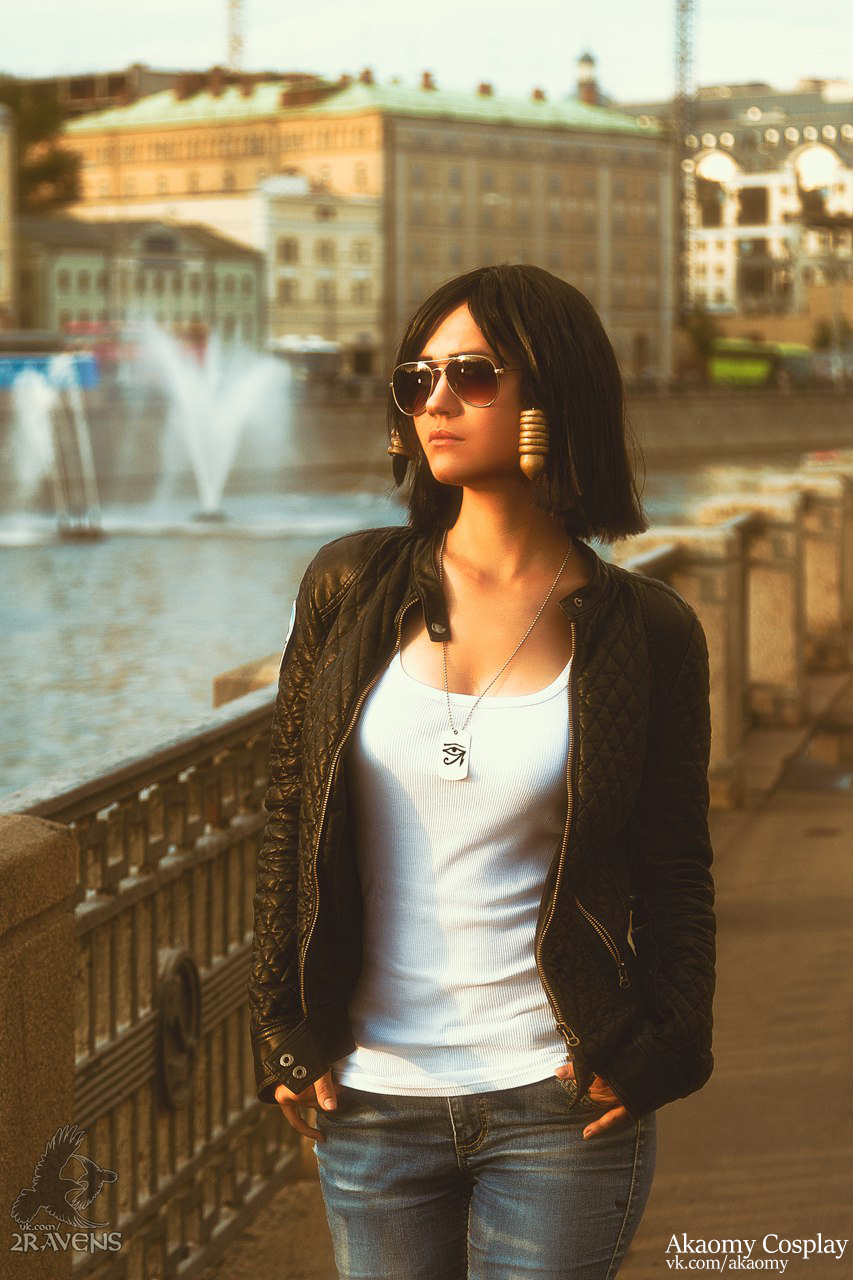
"Of all that is written, I love only what a person has written with his own blood. - Friedrich Nietzsche
Cara Emily O'Brien (formerly Cara Fitzgerald)
Nickname:
Em or Cas
Birth date and age:
January 3rd | 17 Years Old
Sexuality:
Bi-Curious
In Depth Appearance:
The Celtic people are commonly assumed to share a lot in common with the Nordic races - tall, fair and well-defined. Cara is the awkward little truth presented to counter such claims. Standing at about 5'3" (160cm) and weighing just under 100lbs, she's not exactly what most would deem tall. Following that is her ginger hair and rather pale complexion which really don't help the whole look of frailty (she genuinely looks like she's always cold [hint - she is]). In fact, most who look at Cara probably wouldn't deem her a princess - she looks more like a cute barista. Lacking any sort of feminine curvature, she's awfully fond of baggy clothes and jumpers which means that when she is shoved into a dress, she's typically not very amused. Apart from the jumpers, if she has her way then she would wander everywhere either in skinny jeans or leggings.
Cara doesn't have royal blood in her and it can be seen when comparing her to other royalty. Where they have sharp features, hers is a quiet beauty and where they have a gentle grace to their every movement, her movements betray who she truly is. Not that she cares - secretly Cara waits for someone to point these out just so she can explode on them.
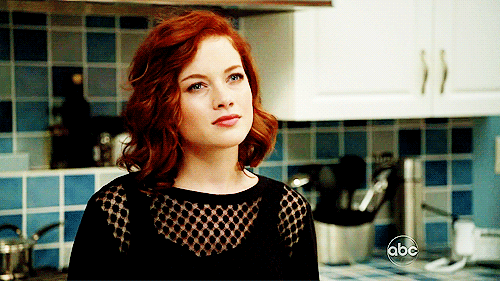
Personality:
• Intelligent • Sarcastic • Genuine • Defensive •
There seems to be a constant of Consortium leaders, something that can be linked down through the ages - they're all way too smart for their own good and Cara is the same. Having been chosen for her position based on intelligence primarily, she is clearly one of the smartest of her generation even if she doesn't know how she is. Cara herself seems to have a love-hate relationship with her intelligence. For obvious reasons, she respects it and realises it gives her considerably more advantages than anyone else but another part of her loathes it. Another part of her wished she could be a beautiful little fool, that she could just have a normal life, that she didn't have to let go of them. Her intelligence, however, is her sharpest weapon and oftentimes, people who butt heads with her walk away a little dizzy.
Given her intelligence and general lack of care for the position of those around her, Cara can come off as a bit of an... asshole? Yeah, definitely a bit of an asshole. In fact, unless you're a good friend of hers or you've pissed her off to make her serious, her words will be nothing but sarcastic. It's obviously not very becoming of her and her teachers have tried to hammer it out of her but to no avail - she's as stubborn as an ox with the temper to match it. Given her mannerisms, she can seem a little negative but she is a positive person; somewhat.
One thing about Cara that doesn't change one bit and possibly the only redeeming factor about her character as a whole is how genuine she is. She'll never lie to you or try to hide something because she suspects it will hurt you - Cara pulls no punches but a lot of people appreciate that. In a world built on falsity, lies and celebrity, she is a refreshing reminder that not everyone has to be the same.
Finally, possibly the most important thing to note about her is not to annoy her. Seriously, very, very bad idea. She's the sort of girl that keeps a very big book containing every single grudge she's ever held. Given her sharp wit and the fact that she really doesn't care what she says to you, she can often cut very deep, a lot deeper than any noble would even be comfortable watching. Etiquette doesn't bind her, her morals aren't really in agreement with royalty and she is a sitting hydrogen bomb waiting to go boom! (Note: Not commonly known but one of the few ways to pacify her is to embarrass her. She doesn't do well with public embarrassment but there's not a lot of things that embarrass her! Abs and boobs usually do the trick!)
Likes:
Winning
Books
Strong coffee (surefire way to pacify her)
Complaining
Baths
Dislikes:
Plutocracy
Idiots
War
Dresses (approach with caution)
Posh People

Fears:
Fear of losing everyone around her
Fear of failure
Fear of reliance
Biography:
Cara doesn't fit amongst the kings and queens of the world - she isn't one of them and she never will be. Cara was born into a lower-class family as a middle child surrounded by five other siblings. They were the lowest of the low on the pecking order - she grew up in the poor estates of Cork. Her mother worked part-time between a shop and a factory while her father was an aspiring writer. Things never worked out for him and he was forced to find a normal job eventually but with six children, life was definitely not easy. Cara herself was quiet as a child - she was never fawned over by the older siblings and the younger siblings played amongst themselves so she was left to watch, to watch and to learn. You can learn a lot about society by observing its base microcosm, the family. It seemed, however, that the more she learned, the angrier she became. Angry at society as a whole that promoted a world where those who were born lucky with either genes or family had an easier time of it. There was an animalistic side to it that boiled her blood.
And so, Cara grew as a very dangerous few - disenfranchised youth. It wasn't unbased - she had went hungry more than enough times while the rich dined on the profit of their lower-class workers, she had seen her father, a grown man, break down and weep openly. In the Consortium the only way to overthrow old ideas was a trial of the people in which the clans would instead turn to the public for their decision instead of the monarchy. Cara had fanciful ideas about this - about building a group of free-thinkers who would cast off the shackles of the bourgeois. That was, until her fourteenth birthday, of course.
The Monarch - King Desmond II was growing old and he would need an heir to teach before they ascended to the throne. His children notified the Clans of this and a Heirs' Call was enacted. The old system was particularly difficult and often took a year or two but with leaps in computer systems and intelligent programs created to narrow the field down, they found six candidates in half a year. That was when Cara was notified - will not really notified, more like smuggled away to complete a series of trials that would determine who would rise to the throne. The trials themselves were extremely secretive and were thought to truly test one's capable at leading the Consortium.
Obviously, the outcome of that decision was firmly placed on her. She now had a choice - to ignore the patriot inside of her and have a normal life where she would change nothing. Or, she could risk all she had on a gamble and heed the Siren's call of freedom. It wasn't an easy decisions - monarchs never see their family again once they rise to power, it's outlawed to prevent favouritism. Your family would be treated well though.
The pain placed on her, a fourteen-year-old girl, could almost be described as cruelty but as she made her decision, she could only ever remember her father's shame, his tears. That memory hardened her, and when she made her decision, it cauterised her open wounds. And so, before her fifteenth birthday, Cara ascended the hill of Tara like those before her and burned the memory of her family from her mind as she took the name, O'Brien.
Theme Song:
Dream - Imagine Dragons
We all are living in a dream
But life ain’t what it seems
Oh everything’s a mess
And all these sorrows I have seen
They lead me to believe
That everything’s a mess
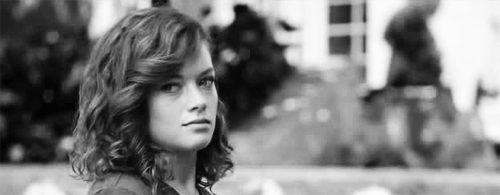
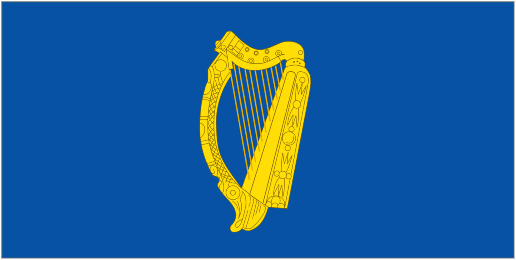
The Celtic Consortium
'O words are lightly spoken,'
Said Pearse to Connolly,
'Maybe a breath of politic words
Has withered our Rose Tree;
Or maybe but a wind that blows
Across the bitter sea.'
'It needs to be but watered,'
James Connolly replied,
'To make the green come out again
And spread on every side,
And shake the blossom from the bud
To be the garden's pride.'
'But where can we draw water,'
Said Pearse to Connolly,
'When all the wells are parched away?
O plain as plain can be
There's nothing but our own red blood
Can make a right Rose Tree.'
The Rose Tree - W.B. Yeats
The Celtic Consortium is an alliance of free states under the guidance of the High King or Queen. Known for it's complicated politics, cultural supremacy and surprising regard for intellect, the Consortium has often bore the brunt of bigger empires but it has lasted on, weathering the storm of time.
The story of the Consortium dates back to a time long forgotten. Back when it wasn't Christianity on the lips of the people but of Druids and Ancient Gods. The Celtic civilization was a confusing one with moments of both progression and backwards ideologies. Regularly practising human sacrifice and committing acts of barbarity upon their enemy, they were considered a savage people but they were very aligned with nature and almost had a supernatural affinity with the wilds.
The Celts faded and the Gaelic civilization rose in it's place, controlling territories such as Ireland, the Isle of Man and parts of Scotland. Not much is known about this time but the Gaels that were recorded by the Roman Empire were reported to be wild people. In fact, Gaelic culture was quite complex and considerably more profound than the Romans suspected. Ireland was split into four provinces - Connacht, Leinster, Munster and Ulster. Over them ruled the High Kings of Ireland. The Gaelic civilization continued, watching the rise and fall of Rome and eventually becoming the recipient of Christian teachings. The Vikings came and went as the Gaels slowly became dominant over areas such as Scotland.
Despite having High Kings, the Gaels weren't exactly known for organising themselves into one, single-minded nation and were often divided by bickering and infighting. It was this that allowed for the easy colonisation of Gaelic-controlled areas by the Empire of Britannia. To the common people, it made no real difference who controlled them as the Gaels were used to living a life of freedom, exempt from rules except from their clans and chieftains. It was the High King of Connacht that was the last to fall under the aggressive expansion of the Britannians. And so, the thoughts of Ireland did brood, upon a measured quietude.
Time slithered onwards and Britannian control became stricter and stricter. No longer did the chieftains control their people but Lords and Earls were installed to tighten their grip. The land was divided amongst these Lords and the common people were forced into paying rent for their own land. The people feared the Britannians but it wasn't long until fear led to anger and anger, very slowly, turned to hatred. The oppressive masters were blind to this gathering fire, however, due to their conquests in Europe and the Middle East.
In the early 1400s this gathering fire spat forth an ember - Aedhan O'Brian. He rode around Ireland, urging the chieftains to gather their people and aid his cause. Although hesitant to serve another, the chieftains begrudgingly agreed and united under the banner of Aedhan. The Britannians were forcefully made aware of this Irish army when, starting from the old province of Connacht, Aedhan and his army began burning every Lord and Count, putting any man who refused to leave to the sword. Having spread their armies all across Europe and the Middle East, they could barely even muster a standing army to oppose Aedhan.
This force made land in Ireland and marched down to meet Aedhan's army at Navan. What followed was the Battle of Navan where Aedhan's army, taking the highground, won a massive victory and successfully routed all Britannian attempts at quelling the rebellion. It was here that Aedhan ascended to the Hill of Tara and was declared the High King of Ireland. After this event, the common people themselves deposed the Lords, causing them to flee back to Britannia. Ireland became free once more but Aedhan grew resentful of his enemy and loathed how they still exerted control over Scotland and Wales. In secret, he conferred with the Scottish Chieftains. It was in these agreements that the early ideas of the Celtic Consortium was born.
A year after the successful liberation of Ireland, a Scottish girl, daughter of one of the Chieftains by the name of Allie took Aedhan's hand in marriage and became the High Queen. The Scottish chieftains pledged their utmost allegiance to Aedhan and in the year of 1437, the Irish King and his army landed in Scotland and joined the growing Scottish force to form a standing army capable of toppling the British. The Welsh, having grown fond of the British, refused to participate in the war and stayed on the sidelines as the united armies marched down into Northern Britain. Fearing the might of this army, the Britannians recalled as much men as they could spare to defend the homeland. The Irish and Scottish army crushed both armies that they had met but Aedhan knew that any other armies they met would be experienced and deadly; not to mention the fact that they were far from home and supply lines could be easily halted. Aedhan, upon taking quite a number of Northern Forts, made the previously unheard-of decision to split his army entirely. Separating his commanders and his army into small, fast-moving detachments, they became practically unstoppable. Given no massive army nor battlefield to face them on, the British froze at the guerrilla tactics and it wasn't long until Britain itself was ablaze. They didn't even need to meet their armies head-on - they simply destroyed the infrastructure around them and the Britannian Empire slowly came undone.
Eventually, they united into one army again. The Welsh, suddenly reassessing their allegiances, joined the pact and helped to crush the remains of the British army. It was barely even a year since the war started and the alliance of now-free states were marching on the capital. With their rather small Navy, they attempted to blockade the city from the sea but their navy were mostly smashed. However, the blockade did serve to give them enough time to storm the city and capture the remnants of the Royal Family. The King had already been off fighting in a far-off war leaving only his wife and a newly born son. Aedhan, full of vengeful intent, desired to kill both mother and child but his wife, whom he had grown rather fond of, pleaded with him to spare their lives. Aedhan listened to her counsel and allowed the mother and son to escape on a ship with a final warning - should the British ever return to the isles, they would show them no more mercy.
After the war, the alliance had been left with an awful lot of power and not much idea on what to do with it. Finally, after some bickering and intense discussion, it was concluded that they would form a united coalition. This would be led by the High King and Queen but with certain limits to their reign. The people would obey willingly to their every command but the moment that either King or Queen turned on their own people, the clans would assemble and remove them from their position. Agreeing on this, Aedhan signed the pact and ascended to his new role as High King of the Celtic Consortium.
The consortium dropped into a relative peace. Aedhan returned home to Ireland with his wife where they settled down and had a few children. Just as promised, he was a fair leader and managed the Consortium well under the watchful gaze of the clans. This peace lasted for the next fifty years until, understandably, the Britannian Empire, longing for home, landed a massive force in the South. They were merciless and Aedhan, heeding the cries of his people, called the clans to his side. Leading his main army back to Britain, he met head-on with the Britannian Empire. Aedhan's army, although strong, were defeated by the more experienced army. Aedhan himself was captured and executed not long after. The clans, fearing that his line would be wiped out, smuggled Allie and his children into the Scottish Highlands. The British, bloodthirsty to end the line of O'Brien, followed without much thought. They eventually caught the fleeing family a few months later and wasted no time in slaughtering every last one of them. They had made a fatal error, however - they had moved away from the open plains where their cavalry could do damage. What followed was nothing less than a bloodbath as the Clans converged and slaughtered every last soldier they could get their hands on. The Prince who had led the army was decapitated and his head was sent to his family as a message - this was no longer their home.
The events that transpired after that was later dubbed, the Dance of the Heirs, in which the clans argued and fought over who would take Aedhan's place now that his line was extinct. Many claimed to be close relations and what followed was a few years of infighting over who would win the role. Eventually, one of the Scottish Chieftains concluded that they would forget the bloodline of O'Brien and instead find someone who was intelligent, could speak among the people and could lead the Consortium. His plan worked, surprisingly, and a young Welsh man by the name of Harold took the throne. It was later agreed that to avoid the infighting and bickering of selecting a new king, they would disregard bloodlines. Once a monarch died, they would be replaced by the best candidate instead of the next in line. This policy, hoping to avoid the chaos of the Dance of the Heirs, was named the Heirs' Call. All the Clans swore an oath of fealty, bound until the end of time, that they would uphold this law and when the Monarch stepped down or died, they would find the best candidate.
The Consortium prospered after that. The British never returned to the isles and the common people became surprisingly well-educated. Unlike other nations, peasantry had been selected to rise to the role of leader and in their love for their own people, they made education available to anyone below the age of eleven. Armies were dismantled and science and culture became the new focus. During the Renaissance, the Consortium flourished and became a centre for technological development. The poets and writers from the isles were also hailed as some of the greatest in the world. And so, the Consortium accelerated into the modern world, forgetting of their bloody past and trying to brighten their hopeful future. The current King is growing old and medical experts reckon he doesn't have long left to live so the clans gathered and initiated a Heirs' Moot, finding a rather unexpected Crown Princess.

